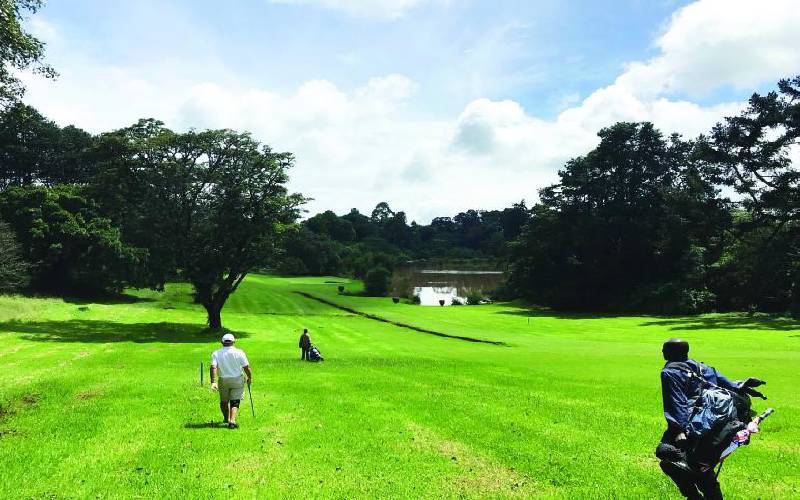×
The Standard e-Paper
Home To Bold Columnists

The doldrums of 2019 are over, but economic issues are easily transmitted from one year to another.
The echoes of 2019 will be heard in 2020 – after all, the difference between the two years is just a second.